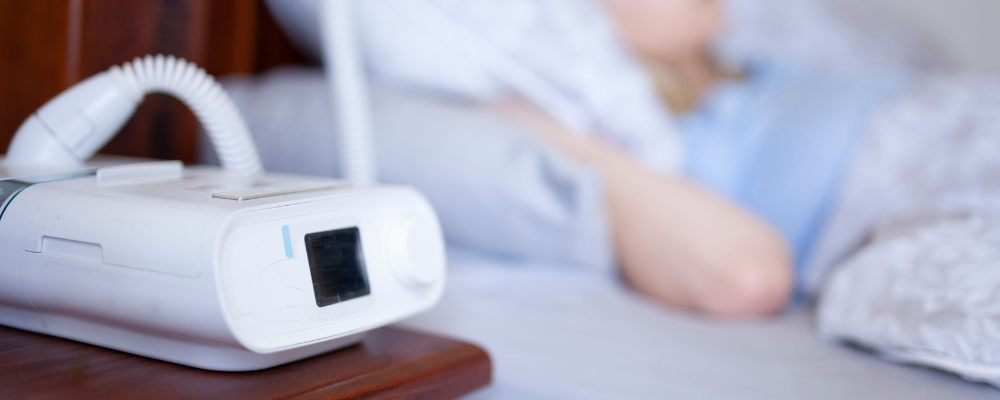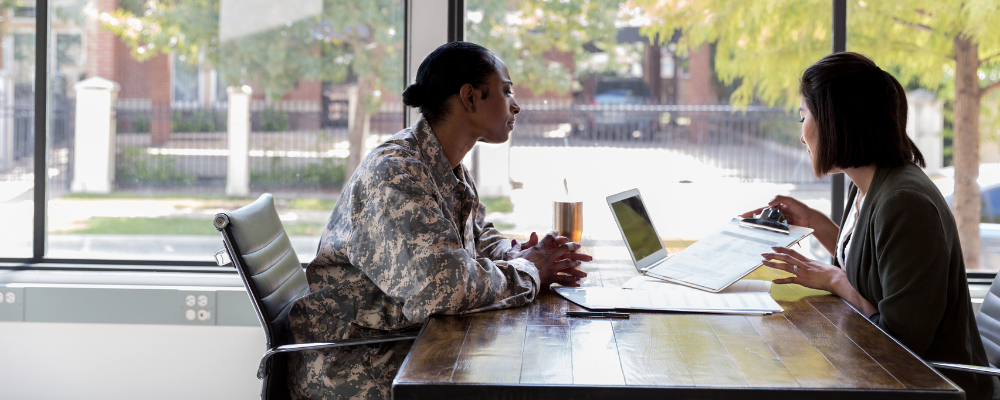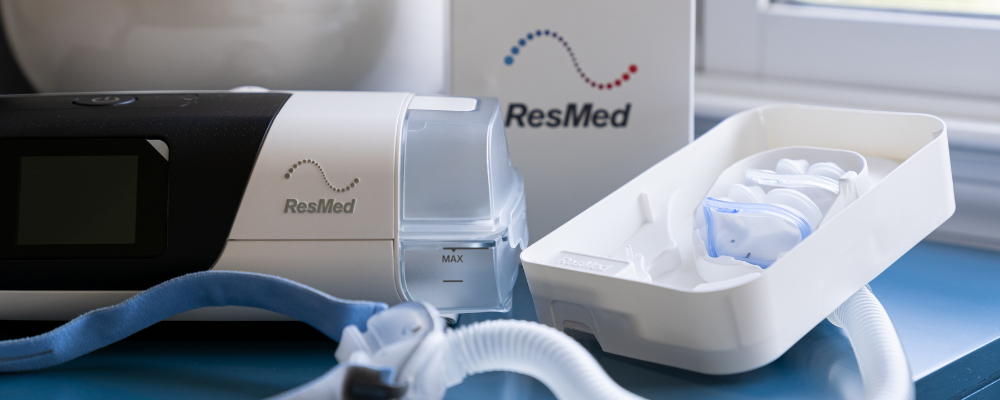You’ve been diagnosed with sleep apnea, and one of the first things on your mind is: “How will I pay for the CPAP machine and supplies?” Usually, this is followed by: “Does my insurance cover CPAP?” And then: “Can I get it cheaper online?"
If you’re one of the 22 million Americans who suffer from sleep apnea, these are the kinds of questions that can (literally) keep you up at night, but there’s some good news right off the bat; CPAP equipment is classified as “durable medical equipment.” Skipping over the boring insurance terminology, what that means for you is most insurance providers (including Medicaid and Medicare) will not only cover your CPAP machine but also the mask, filters, tubing, and headgear.
But your insurance coverage is subject to deductibles and copays, so buying your CPAP supplies from an online retailer like Amazon is the way to go, right? Hang on! You could still be spending dollars to save yourself pennies! Read on to find out whether insurance or cash-pay will save you more money in the long run.
IN THIS ARTICLE:
Can I Buy A CPAP Cheaper Without Insurance?
How To Use Your CPAP Supplies Replacement Schedule
CPAP Supplies From Aeroflow Sleep
CPAP SUPPLIES THROUGH INSURANCE:
Aeroflow Sleep is in-network with most primary insurance companies and is accreditted by Medicare and Medicaid. Complete our Qualify Through Insurance Form, and we will automatically check to see if your plan covers CPAP supplies; including a machine, mask, and accessories. ***Must have a sleep study to qualify.***
You will also receive the care and attention every sleep apnea patient deserves; one-on-one clinical support in-home or via telehealth, a dedicated Sleep Specialist you can contact during business hours, and a user-friendly online portal with tailored replacement schedule, important updates and notifications, and educational resources.
Let us take the headache out of healthcare. Join the Aeroflow Sleep family today! It only takes 5-7 minutes to get started.
CPAP Compliance
Before we get into the cost-saving details, we need to address the elephant in the room: CPAP compliance. Also known as CPAP adherence, compliance is the measurement of how often and how long you use your CPAP machine. If you want your machine covered by insurance—private or government, you’re going to have to demonstrate compliance.
Respiratory Therapist and previous CPAP clinician at Aeroflow Sleep, Megan Roberts explains, “[Insurance providers] want to look at the compliance information to make sure that the patient is using the machine so they will pay for future CPAPs and for future CPAP supplies.” The bottom line is that CPAP equipment can get expensive, and insurers want to make certain that you’re actually going to use it before they shell out.
The exact requirements differ from company to company, but the common goal is to see you using your CPAP for at least four hours per night for 30 consecutive days during the first three months of use. Some plans may then require a face-to-face appointment with your doctor following the compliance period. If you’re concerned about meeting your policy’s specific requirements, our sleep coaches can help you understand your compliance goals and provide solutions that make adjusting to CPAP therapy as easy as possible.
Does Insurance Cover CPAP
After compliance, the short answer is yes, most insurance companies cover CPAP; including Medicare and Medicaid, of which Aeroflow Sleep is accredited. How that coverage is determined is where it gets tricky and depends on your specific health plan. Let’s take a look at the most basic four possible options:
Does Private Insurance Cover CPAP?
Private insurance companies—think Blue Cross & Blue Shield or United Healthcare—will typically cover CPAP machines and supplies. Even better, they’ll likely cover a regular schedule of replacement supplies throughout the year! Aeroflow Sleep is in-network with the popular aforementioned two as well as Aetna, Cigna, and Humana. Yet, to qualify, your insurance company will require a prescription as well as meeting that compliance period.
The flipside to using your insurance is that the amount you end up paying depends on the specifics of your deductible, copay, and/or coinsurance. You’re going to end up paying out of pocket until you reach your deductible. Because of this, many people seek discount or cash-pay options, but that could cost you in the long run!
With normal use, many of these parts will become worn, cracked, or dirty. If you buy your CPAP supplies without insurance, you’ll be responsible for the full cost of the replacements. If your medical costs will exceed your deductible for the year, these replacement parts will then be heavily discounted; possibly even free! Convinced? It only takes 5-7 minutes to sign up with Aeroflow Sleep.
Does Secondary Insurance Cover CPAP?
Secondary, or supplemental insurance, may help cover what your primary insurance does not; including when your second string is Medicare or Medicaid. How it works is that your primary insurance—usually, the one with the higher deductible—takes effect first, covering the better share of your health expenses. If there’s a remaining balance, your secondary insurance will then count up what its plan can cover, bringing your balance down again.
This may sound like a loophole, since there is no legal limit on how many insurance plans you can have, but while it’s true tertiary insurance is not unheard of and you could theoretically continue stacking until your bill is $0, having too many will eventually become more expensive than the coverage. All you have to do is be sure to tell us about your #2 when speaking with your dedicated Aeroflow Sleep Specialist, as it could lower your costs even further!
Does Medicare Cover CPAP?
Medicare will cover 80% of the costs associated with your CPAP therapy if you meet their requirements, but there’s a catch that surprises many people. For the first 13 months of use, Medicare will only pay your supplier as a rental. After the rental period ends, you will own the machine just like a direct purchase. Until then, your Part B deductible will apply.
To meet their requirements, you must:
- Have doctor’s notes from a face-to-face appointment with the physician who diagnosed your sleep apnea
- Have a prescription for PAP therapy from the same physician
- Complete an extended compliance period, using the machine at least four hours per night for a minimum of 70% of nights during the first 90 days
- Meet with your physician once more between the 31st and 90th day of compliance, to document that the machine is helping
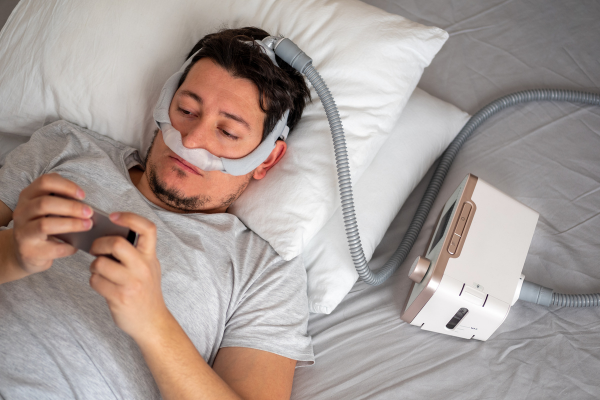

Medicare will require you to purchase your equipment from a Durable Medical Equipment (DME) supplier and will only cover your machine and supplies if your doctor and your DME supplier are enrolled in Medicare. Luckily, Aeroflow Sleep is one such DME.
Does Medicaid Cover CPAP?
Generally, Medicaid will cover PAP machines. However, the supplies may be another story. Each state manages its own Medicaid plan individually, so CPAP coverage varies from state to state. Most Medicaid plans do follow Medicare coverage guidelines, so there are a few requirements you can bank on:
- Most Medicaid plans will require prior authorization and a face-to-face appointment with your physician, even if you're already a current CPAP user
- A prescription and a compliance period will also be required
- After your doctor has deemed your supplies as medically necessary, a request will be sent to Medicaid for review; no supplies can be sent until this request is approved if your state requires it
- Your deductible and/or copay may apply
You should still check your state Medicaid coverage for specific benefits and authorization rules. If Medicaid is your secondary insurance, don’t forget to inform your Aeroflow Sleep specialist of both your primary and secondary when providing your payment information.
Can I Buy A CPAP Cheaper Without Insurance?
Can you find great cash-pay deals on new CPAP machines? Yes! Will it be cheaper in the end? That depends. Many DMEs and online retailers offer discounts for those who may not have—or choose not to use—their insurance. You may find the upfront price of a CPAP machine significantly cheaper than your out-of-pocket costs with insurance, but there are still pros and cons to consider...
Pros For Not Using Insurance:
- You'll bypass any compliance or rental requirements
- You'll find more flexibility in choosing your PAP equipment
- You'll be able to purchase some excluded, luxury items; like CPAP sanitizers, back-up batteries, and some heated elements
Cons Of Not Using Insurance:
- Your purchases won't contribute toward your deductible
- You will not have the same clinical support and resources as when a DME is at your service
- You'll be fully responsible for the cost of any future replacement supplies
How To Use Your CPAP Supplies' Replacement Schedule
That last bullet point is especially important to consider; for the most effective therapy, CPAP manufacturers provide a recommended replacement schedule on certain parts and supplies. The trick to getting the best price on those parts? You need to compare your replacement schedule against your deductible and out-of-pocket maximum.
For example, assume you have a $3,000 deductible. If you were to purchase a new machine in January, then followed Medicare’s CPAP replacement schedule, you’d hit your deductible by July! That doesn’t even include any doctor visits, procedures, or the cost of the sleep study itself.
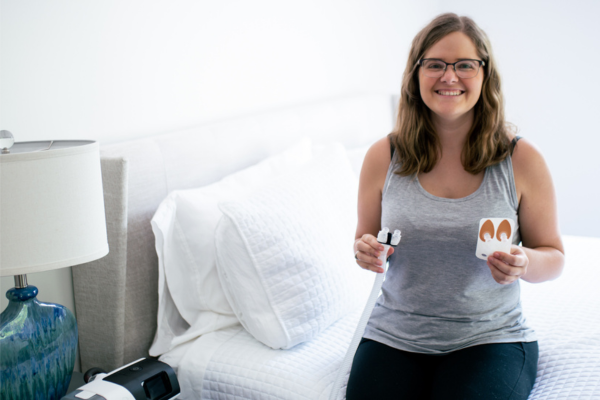

CPAP Supplies From Aeroflow Sleep
Sleep apnea shouldn’t keep you from a good night’s sleep, and neither should paying for CPAP. No matter what payment option you choose, Aeroflow Sleep can assist you at every step. If you need help understanding your insurance coverage, an Aeroflow Sleep Specialist can discuss your CPAP benefits and compliance requirements.
We connect directly with your doctor to handle all the details. When you’re ready to order, we’ll match you with the perfect PAP machine and have trained clinicians help adjust you to your mask fit and machine settings. Even after you’ve ordered, Aeroflow Sleep patients can schedule a one-hour, follow-up phone call to make sure you get the best rest possible. Additionally, coaches are available to get you through the compliance period.
Talk to Aeroflow Sleep about the most affordable options today; call 1-800-480-5491 during regular business hours.
References
Ikpeze, Tochukwu. “Treatment for Obstructive Sleep Apnea.” Edited by Gerard Meskill, Sleep Apnea, SleepApnea.Org, 17 Aug. 2023, www.sleepapnea.org/treatment/.
Wolkove N, Baltzan M, Kamel H, Dabrusin R, Palayew M. Long-term compliance with continuous positive airway pressure in patients with obstructive sleep apnea. Can Respir J. 2008 Oct;15(7):365-9. doi: 10.1155/2008/534372. PMID: 18949106; PMCID: PMC2679572.
Rivelli, Elizabeth. “What Is Supplemental Health Insurance?” Edited by Lee Masterson, Health Insurance, Forbes Health, 4 Aug. 2023, www.forbes.com/advisor/health-insurance/what-is-supplemental-health-insurance/.
“Continuous Positive Airway Pressure (CPAP) Devices, Accessories, & Therapy.” Medicare.Gov, U.S. Centers for Medicare and Medicaid Services., 2023, www.medicare.gov/coverage/continuous-positive-airway-pressure-devices.


